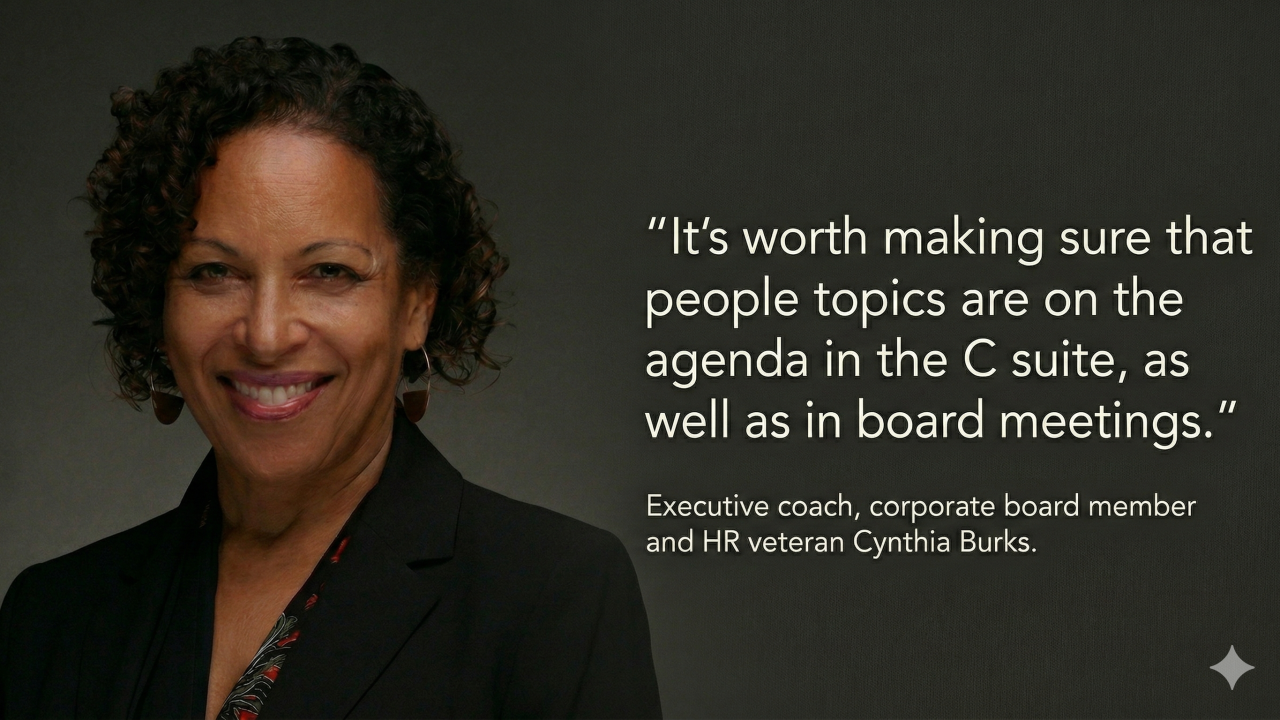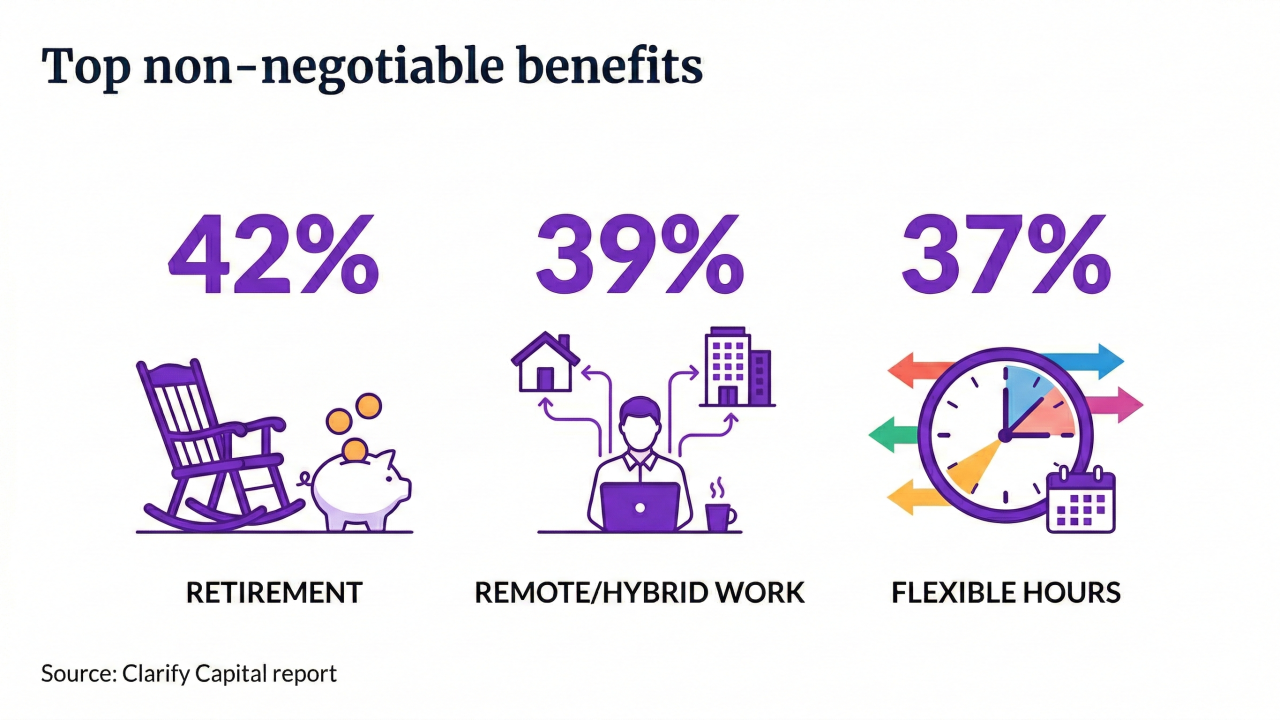For the majority of employees, new-found flexibility in the workplace has changed the game personally and professionally. But for hourly employees, the loss of structure is setting them up for failure.
“The pandemic has started this conversation around essential hourly workers — in grocery stores, hospitality and retail — and where someone works,” says Jeanne Meister, the founder of Future Workplace. “But now the focus [needs to be] on when they work, how much predictability they have and what happens when they don't have it in their work lives and in their personal lives.”
Read More:
The pandemic undeniably disrupted the workforce, with over a hundred million employees losing their jobs and thousands of businesses forced to close or adjust. As businesses looked for ways to stay open with a depleted labor market, the first thing to go was a loss of structure for their hourly employees, with many working more hours, having their shifts cut or moved without notice, or working much less.
“Schedule instability has definitely been made worse because of COVID,” Meister says. “And [part-time workers] are now raising their hand to say it's really hard to have a personal life when there's so much wild fluctuations in when they work. What they're looking for is some type of control.”
An instability in scheduling affects more than just their
“Imagine if your job said you’d work about 30 hours a week and you plan your life on those 30 hours,” Meister says. “And then week by week you're working less, or maybe you're not even working Monday through Friday, or maybe now you're working on the weekends.”
For older employees, this could result in rising childcare costs as
Read More:
And should it not be resolved, the consequences can be
“This is ripe for class action lawsuits,” Meister says. “If they're being promised something during the interview process and it's not being delivered to them time and again, part-time workers are going to start asking: what legal action can I take?”
There are some laws already in place requiring employers to have predictable pay. But there’s still a lot of heavy lifting to do on the
Even simpler yet, employers should be taking regular employee surveys, as well as putting training managers on how to have these conversations at the recruiting level.
“There is a pretty big disconnect between leaders and the day-to-day lives of hourly workers and what they have to grapple with,” Meister says. “We have the opportunity to give hourly and part-time workers a voice that they haven't had.”






